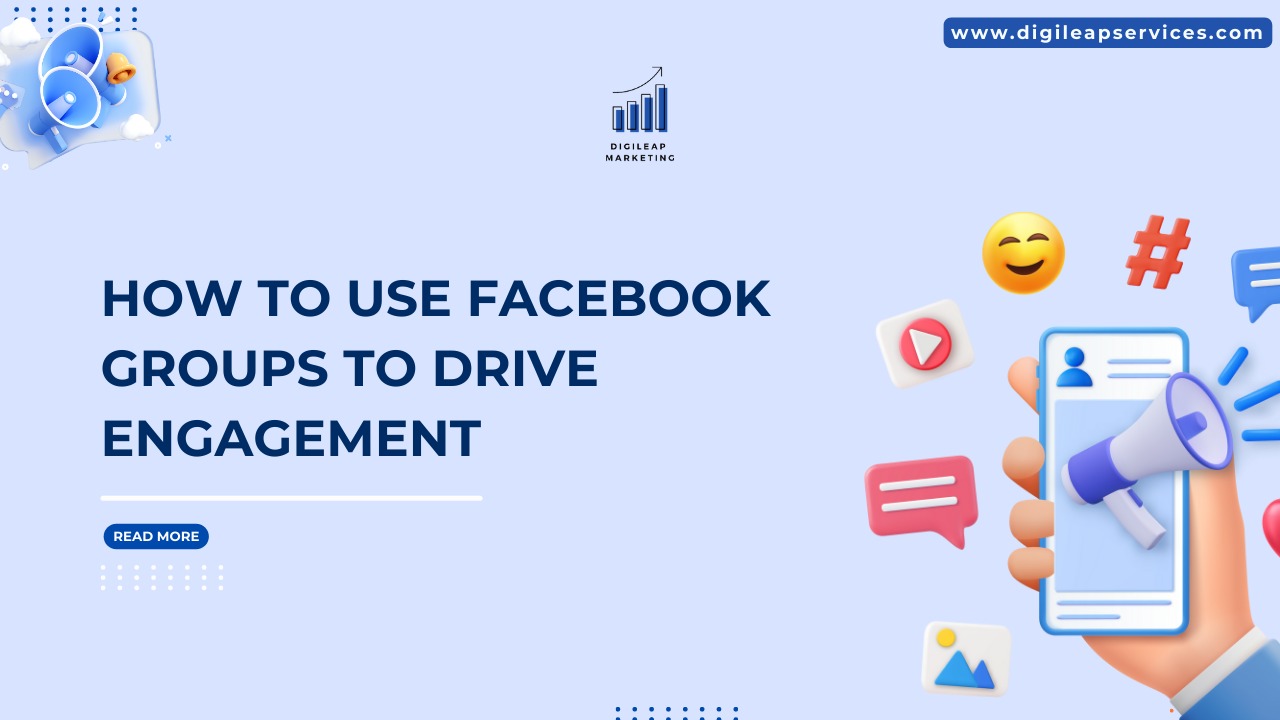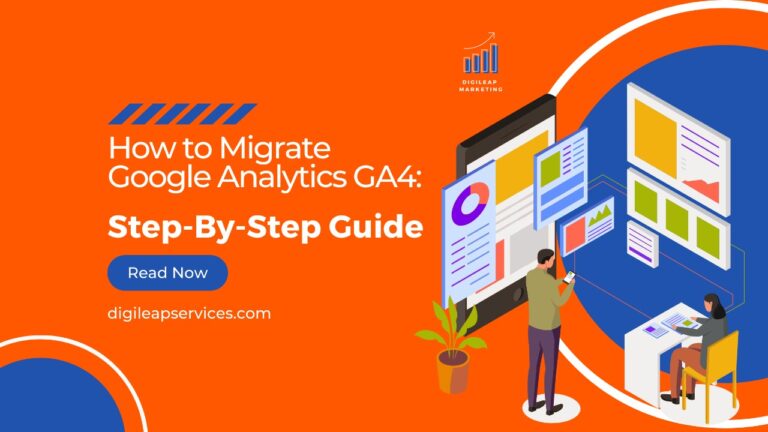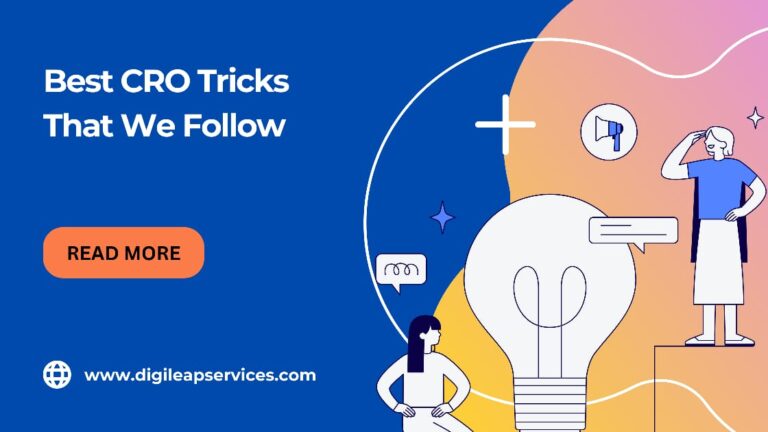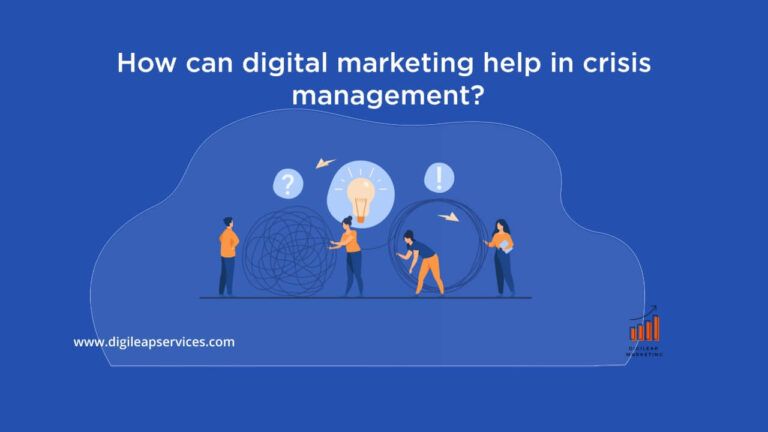How to use Facebook groups to drive engagement
There are two kinds of Facebook groups: those that feel like a digital party and those that feel like a forgotten wasteland. If you’re attempting to establish the former, it’s important to keep group members interested—the more active your Facebook group is, the faster it will grow. Creating postings and questions that increase participation is one approach to keep people interacting in your community. We’ve compiled a list of Facebook groups engagement postings to inspire you! Videos are great for Facebook groups engagement postings. Aside from generating a lot of interaction, you can also use Facebook advertisements to target people who watch your videos, allowing you to develop your business even further. Making movies on Facebook is also simple if you have the correct tools. Here are the finest forms of video engagement posts, games, and ideas.
Facebook Groups give you direct access to your target audience.
According to studies, nearly half of consumers join private forums to interact with businesses directly. Consider this, if someone joins your group they expect to hear from you. They are intrigued by your stuff. With a little TLC, they might even be willing to be sold. Consider someone joining your Facebook network as an opt-in. Group member has the potential to be your most devoted customers.
Facebook Groups enable you to establish genuine consumer interactions.
You may connect with your customers on a personal level by using Facebook Groups. People are more inclined to read a social post from a friend than a brand. Because Groups require users and administrators to publish from personal accounts, they are ideal for connecting people. This provides you with a one-of-a-kind opportunity to engage as a human first and a brand second. You may learn more about what your consumers want and how you can help them by reacting to them and asking questions.
1. Be very explicit about your rules and expectations.
Setting your rules is maybe the most crucial aspect of starting your Facebook group. While this may not sound like much fun, it is critical for preventing spam and general disorder in your group.
To begin, consider the following:
- What are your objectives?
- What do you anticipate members to post?
- What are your guidelines for how members should engage with one another?
Detailed rules complement important, high-quality talks. This also reduces general riffraff and inquiries because you can direct members to your defined regulations. Encourage members to browse other people’s posts or comments to see whether their questions have available solutions. Make your rules and stick to them. Your group should be a safe and friendly environment for members to participate. Setting limitations, if nothing else, helps minimize spammers’ self-promotion and link-dropping.
2. Set daily priorities for conversations.
The more you can get your participants to talk, the better. This not only encourages more engagement in your Facebook Groups but also enhances the likelihood that your postings will surface in the feeds of your members. Posting regularly requires dedication which is why we advocate creating themed talks that you can use on a weekly or monthly basis.
3. Let your Facebook Group know you’re paying attention.
Keep a watch on your alerts and replies, particularly in discussion-related posts you have authored. Your members will most likely be delighted to continue the conversation, but responding demonstrates that you actively listen to what they have to say. This is especially true if they’ve tagged you for a response. However, don’t feel obligated to participate in every conversation in your group. It’s sometimes best to give your members some breathing room and let them work out a problem. It’s perfectly fine to take a step back unless there’s a question in which you may jump in.
4. Avoid outright selling and link-dropping.
Nobody joins a Group to be bombarded with links and commercial pitches. Aside from forbidding both in your Group rules, make sure to contextualize any link or sales message that you publish yourself.
5. With a Closed Group, emphasize exclusivity.
Many Facebook Groups are marked “Closed.” In other words, members can only join after admins have vetted and accepted them. The popularity of Closed Groups is not by chance. Groups are frequently portrayed as hidden, elite clubs, with “for your eyes only” information and offers promoted. Maintaining a small and close-knit group keeps the level of discussion high. This also makes things easy for your administrators.
Brands may use groups to cultivate communities and engage their customers one-on-one. And it doesn’t hurt that they’re a fantastic technique to cheat Facebook’s algorithm! As private communities expand, perfecting your Facebook Groups strategy will help you increase community engagement from the start.












